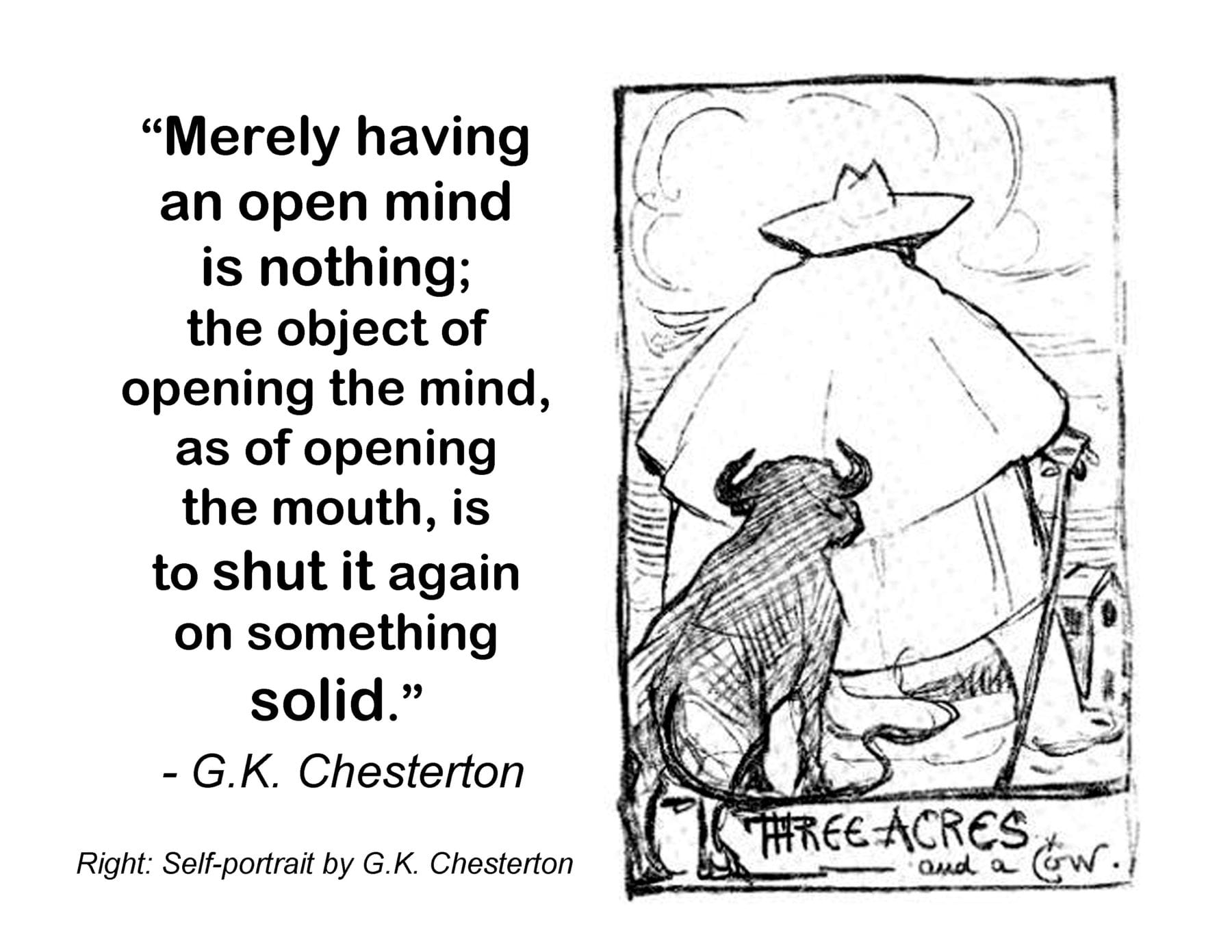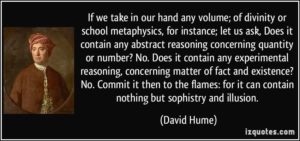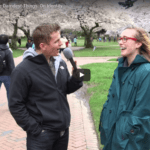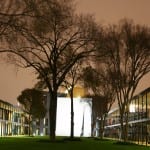The Twist On Academic Freedom

For me, this is an interesting angle I hadn’t thought of before. Most often, academic freedom is presented as the enemy of religion because it is assumed in many places that really, deep down, no one really believes in God. It was only the dictatorship of the Church which prevented people from openly voicing their doubts and forcing everyone into one way of thinking. This is the story that is still being told in most places…I think the most recent example would be the remake of the 80s TV show “Cosmos” which, in my opinion, continues a one sided overused and under-supported saga of how the Church beat down people like Galileo and others (more on that here.) so they couldn’t advanced science.
My purpose here is not to comment on that story but to expand on what John Garvy said. We return to the phrase ‘dictatorship of relativism’ famously coined by Pope Benedict in 2005 at his election, where he observes that the only acceptable belief is becoming today that everyone should make their beliefs relative –that is they can only apply to you. Well, as is pointed out, who decided that should rule the roost? As I said before, it is a result of modern epistemology, where the assumption is that if something is true, it is only true in a temporary and probable way because modern science has restricted itself to the physical causes alone. When your outlook on the world has only to do with the mechanics behind something…well there are many ways an effect can come about and we are left with probabilities as to the cause. The answer is always open to reform, and absolute claims are out the window. That way we can start to feel like we live in the world Parmenides describes…and it is what the world looks like if viewed only through the scientific method — we’re only sure that gravity causes pencils to fall to the ground rather than up because its happened 1,000,000,000,000 times before and never once the other way.
I believe a metaphysician, and even a Catholic should always also have his beliefs open to reform, but in a different way because he (and all people) must believe in metaphysics. If someone came out with undeniable proof which affirms that Christ never rose from the dead because his body had been found without a doubt, I should believe that. Should a metaphysician or any thinker, be open to the idea that 2+2=5 or that what’s good for a person’s nature to drink gasoline? That’s an interesting question…but in a certain sense every time I look at the math problem, I could go through my same reasoning process open to a different conclusion…but just because one day it would be useful for the conclusion to be different, doesn’t mean it is. This is a different, more existential type of openness to reform — call it the openness to the possibility of being wrong, which is a bit broader than the constant renovation of physical explanation which scientific data gives. The error in metaphysical reasoning comes in messing up a premise or by partly discovering something’s nature – not in redefining a things nature for useful ends.
What’s this have to do with academic freedom? Very often, without many thinking about it, schools which are emphasizing academic freedom, are not really abiding by that same principle in the same way that someone who claims there is no truth – it is creating an internal contradiction. The metaphysical and absolute claim that is often made is that there can be no absolute metaphysical claim…and the topic of a traditional God embodies absoluteness itself. This is the first problem which many schools deal with. But next, is it academic freedom to say that we shouldn’t pose the question of God or that anything which doesn’t have to do with the empirical method should be avoided in schools as a waste of time because its not useful? Most of you reading will say no, but that’s what’s happened in England, here and here. And it’s not just in England. “We’re not endorsing any one point of view,” they say, “look, we just don’t want to waste your time with fables like God or metaphysics.” Commit them to the flames.
Thank goodness most Catholic schools are dealing with just the first problem.





Comments